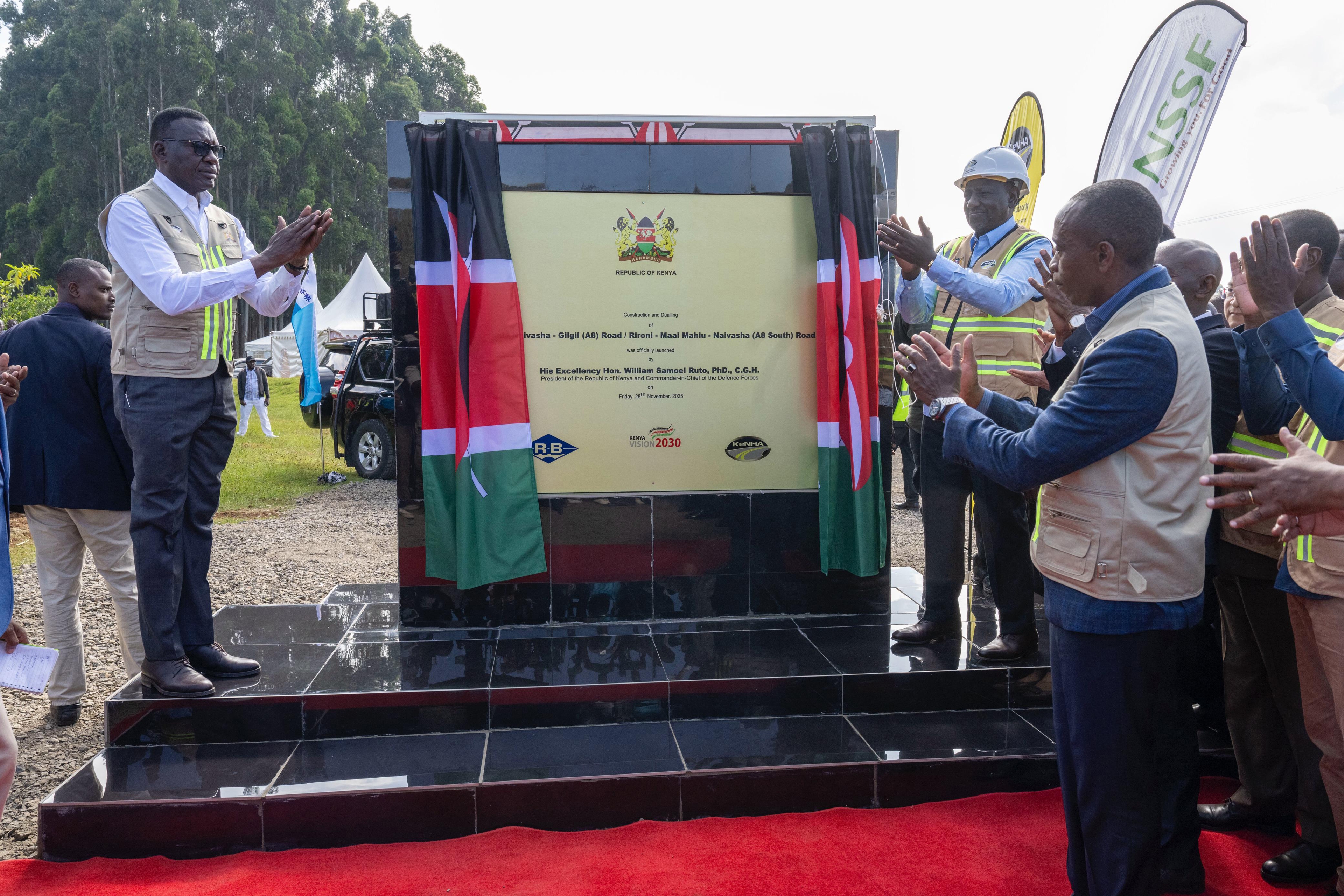The county Government of Garissa has began reviewing the draft Livestock Marketing Bill and The Rangeland Management Bill.
The bills are intended to offer an enabling environment for the development and regulation of the livestock industry in the county.
Speaking at a workshop, county director of livestock development Dr Haret Hambe said the adoption of the final drafts of the two bills will create order, bring clarity and regulate aspects of some crucial areas in the county livestock sector.
“These bills will ensure that our local livestock sector and livestock products remain competitive and sustainable, while enhancing the sector's contribution to the country's economy,” he said.
Dr Haret asked stakeholders to interrogate and strengthen the bills before external validation is conducted, saying they have mobilised requisite resources and expertise to deliver on this process on time.
He noted that the drafting of the bills is a huge milestone for the Department of Livestock, the process having begun 15 years ago.
He thanked Mercy Corps and USAID through the Livestock Marketing Systems (LMS) for their contribution to the supporting the drafting and review of the bills.
Mohamed Yassin of Mercy Corps said the development of the bills is part of implementation of the constitutional provisions providing for laws to align with the Constitution.
“Mercy Corps supports the development of this bill cognisant that the sector employs 50 per cent of the agricultural labour force, with over 10 million Kenyans living in the Arid and Semi-Arid Lands (ASALs) deriving their livelihood largely from livestock,” he said.
Present were LMS business development specialist Abdullahi Dahir and Vincent Ombaka of LMS.
In February, the Garissa launched the County Geospatial Strategy.
The strategy formulated by the county government and its partner Mercy Corps will enable the county to acquire an integrated Geographic Information System (GIS) system as well as develop a county spatial plan.
The system, which was launched by Governor Nathif Jama at the county headquarters, will enable the county government, communities, development partners and other stakeholders to plug in using specific custom modules.
Some of these modules are lands, education, rangeland management, water, business information, revenue collection, disaster management, health services, agriculture and livestock, and project management among others.













